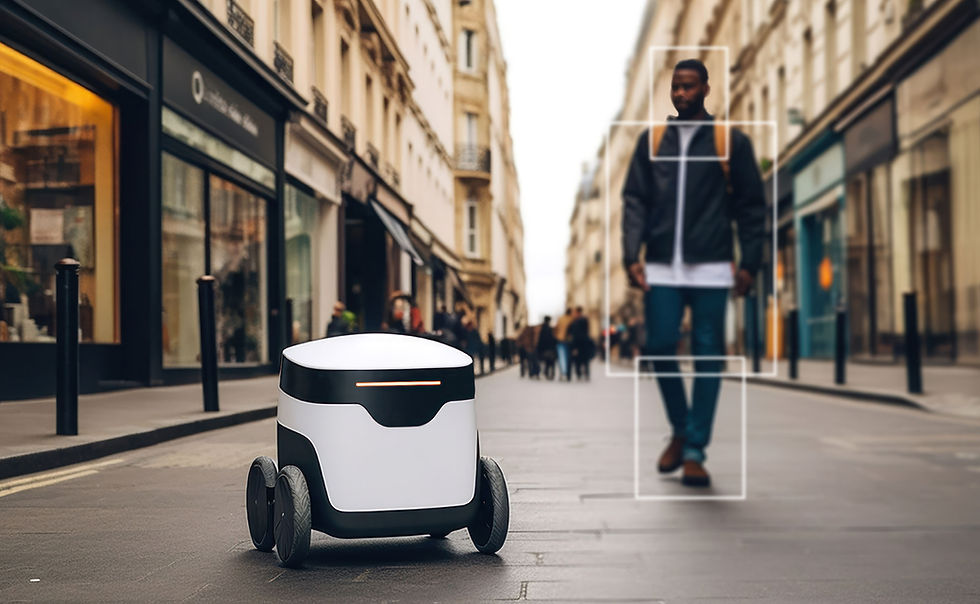
In the age of artificial intelligence, it’s easy to assume that booking travel through an AI-powered platform is the most efficient, cost-effective, and hassle-free option. AI can certainly process vast amounts of data, compare prices in seconds, and even provide generic travel recommendations based on algorithms. But when it comes to planning a truly memorable trip, nothing beats human interaction and expertise.
1. Personalisation Beyond Algorithms
AI relies on pre-set data patterns, reviews, and broad trends to make travel recommendations. While this can be useful, it lacks the depth of understanding that a human travel expert provides. A professional travel planner doesn’t just ask where you want to go—they ask why. They dig into your interests, preferences, and even emotions behind the trip. Want a boutique hotel with a specific charm? A family-friendly villa with a private chef? AI may suggest the highest-rated places, but a human expert will find the one that feels right for you.
2. Flexibility & Problem-Solving in Real Time
AI can generate automated responses, but when things go wrong—like a sudden flight cancellation, a hotel mix-up, or an unexpected strike—you don’t want to be stuck talking to a chatbot. Human travel experts anticipate potential issues and have the experience to navigate challenges quickly and efficiently. They have direct contacts, know alternative solutions, and can make judgment calls that AI simply can’t.
3. Insider Knowledge & Exclusive Access
A human travel consultant brings years of experience, personal connections, and insider knowledge that AI cannot replicate. Many destinations have hidden gems that don’t show up in mainstream searches. Want an after-hours private tour of the Vatican? A seat at a Michelin-starred restaurant that’s "fully booked"? A wine tasting at a family-run vineyard not listed online? AI doesn’t have access to these exclusive experiences, but a human travel specialist does.
4. The Emotional & Psychological Aspect of Travel
Travel isn’t just about logistics—it’s about emotion. Whether it’s a honeymoon, a milestone birthday, a long-awaited family reunion, or simply a break from routine, a trip carries personal significance. A travel expert understands that. They know how to curate an experience that feels meaningful, ensuring your journey is stress-free, joyful, and tailored to your desires. AI, on the other hand, lacks emotional intelligence and cannot understand the sentimental value behind your travel choices.
5. Supporting Local & Sustainable Travel
AI-driven platforms tend to promote big-name brands, mass-market hotels, and tours that generate the most clicks. A human travel planner, however, can guide you towards authentic, locally owned businesses that enrich your experience while supporting the communities you visit. Whether it’s a small agriturismo in Tuscany, a family-run trattoria in Sicily, or an artisan-led experience in Florence, human expertise ensures a more authentic and sustainable journey.
Conclusion: AI is a Tool, Not a Travel Expert
AI has its place in travel—helping with quick searches, comparing prices, and suggesting broad itineraries. But when it comes to crafting an unforgettable trip tailored to your needs, human expertise wins every time. A great travel consultant doesn’t just book a trip; they curate an experience, ensuring that every moment is thoughtful, seamless, and truly special.
So, before you hand over your dream vacation to an algorithm, consider the value of a real person who understands, cares, and works tirelessly to create something magical—just for you.













































































